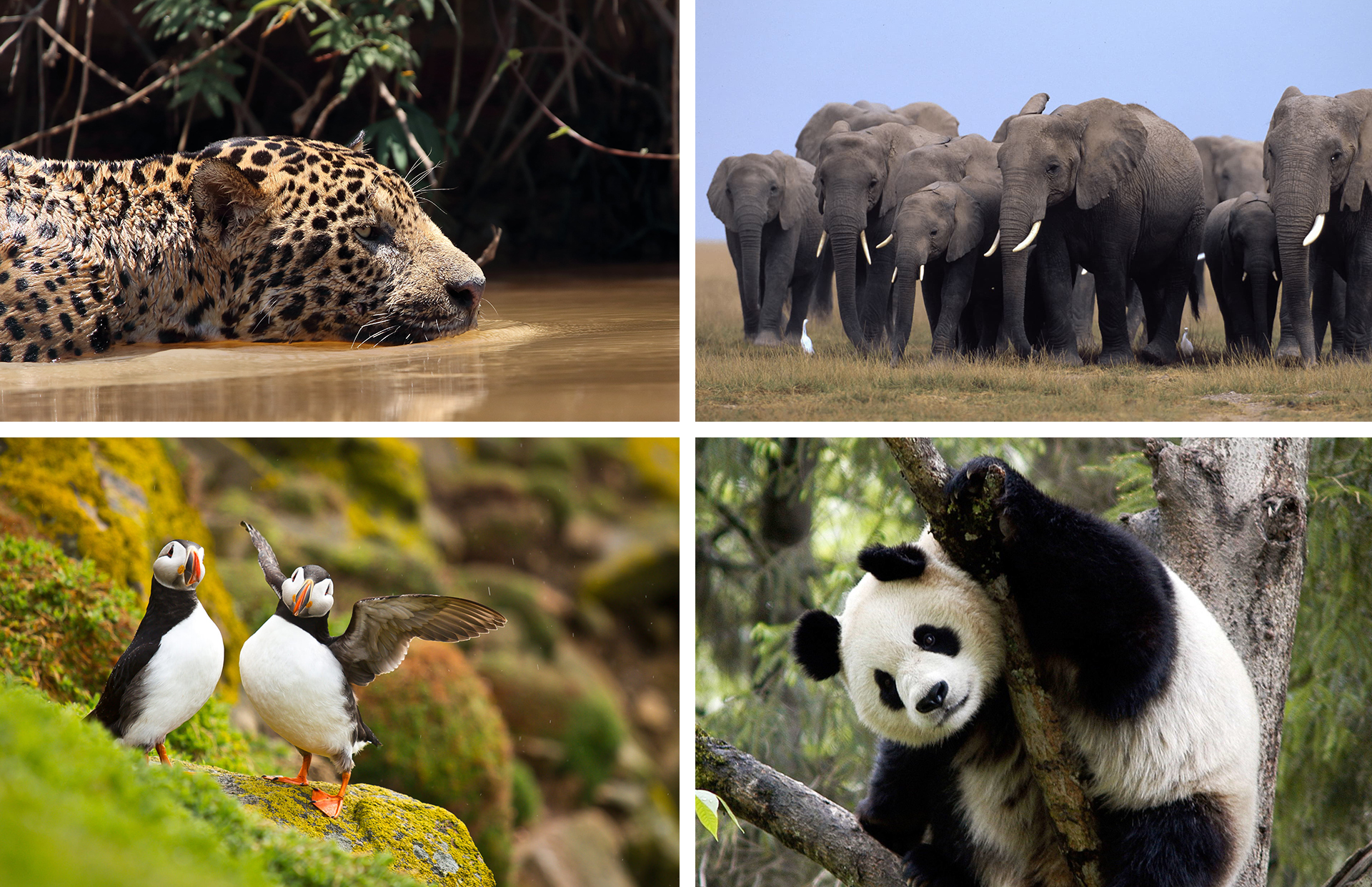WWF-UK


WWF-UK is a leading environmental charity dedicated to reversing the degradation of the planet's natural environment and building a future where humans live in harmony with nature. Founded in 1961, WWF operates in nearly 100 countries and has over 1.4 million supporters in the UK alone. The organisation focuses on conserving the world's biological diversity, ensuring the sustainable use of renewable natural resources, and reducing pollution and wasteful consumption.
One of WWF-UK's key strategies is to halt deforestation by 2030. They work alongside local organisations in regions like the Amazon, Borneo, Papua New Guinea, and Western Congo to implement laws that end deforestation and promote sustainable forest management. Recognising that food production is a significant driver of deforestation, WWF-UK collaborates with governments, businesses, and financial institutions to make sustainable agriculture more rewarding than practices that harm the environment.

In the UK, WWF-UK is committed to integrating nature, climate, and people into decision-making processes. They advocate for robust plans from major businesses to support nature and the climate, and they press for regulations that enforce these commitments. Additionally, they work with retailers, investors, and food businesses to reform the food system, ensuring accountability for environmental impacts. Their campaign for a Living Planet Act aims to legally bind the UK government to protect and restore nature.
WWF-UK also engages in international collaborations to address climate threats. For example, they have partnered with the British Red Cross to implement nature-based solutions in Kenya's Lamu County. This initiative focuses on restoring mangrove forests and planting trees to combat droughts, floods, and water shortages, thereby building resilience against climate-related emergencies. Such projects not only protect critical wildlife habitats but also support local communities by improving livelihoods and preserving essential resources.